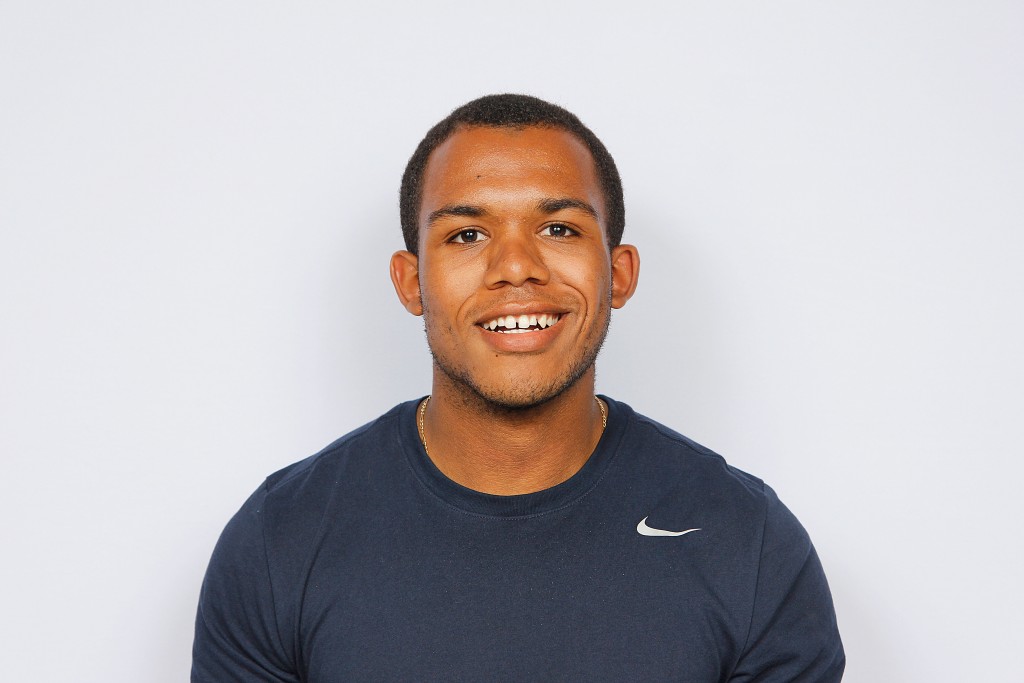
Scrolling through my news feed on Saturday morning, I noticed a video clip of two Texas high school football players assaulting an official mid-game over what was said to be a bad call. Now national news, the video of two teenage boys knocking over and spearing the referee shocked me, but what really shook me was the video’s top comment:
“It’s not only the fault of the players. It’s the fault of the game.”
This weekend, regular season professional football will commence as the NFL kicks off after another controversial summer. Centered on a saga of illegally modified footballs used by the New England Patriots, “Deflategate,” as it is known, has been the focus of NFL news coverage for the past seven months.
Much of the Deflategate controversy came to an end on September 3, when Judge Richard M. Berman overturned NFL commissioner Rodger Goodell’s decision to suspend Patriots quarterback Tom Brady for the first four weeks of the season. While the decision should serve as a landmark decision for the rights of professional athletes, it instead serves as yet another blemish on Goodell’s image of a disciplinarian — an image that Goodell rushed to save within hours of Berman’s decision.
“The commissioner’s responsibility to secure the competitive fairness of our game is a paramount principle,” Goodell’s statement read. “And the image of our league and our 32 clubs will continue to pursue a path to that end.”
Hip to cheating’s role in the decline of Major League Baseball, the NFL is making an effort to keep its league fair by cracking down on cheaters in any capacity, but what is to be said about fairness in discipline? During Brady’s trial, many spectators and Patriots supporters panned Goodell’s four-game suspension of Brady as a “make-up call,” rectifying his lax treatment of the Patriots during 2007’s “Spygate” scandal. Whether this theory holds any merit is irrelevant. The fact is that Goodell’s handling of the situation was wrong, again.
When Brady refusing to hand over his cell phone to authorities is served with the same penalty as a player accused of threatening to kill his ex-girlfriend, the fault does not belong only to the players involved. When a professional athlete being bullied out of his workplace elicits less conversation than the optimal air pressure of a football, the fault does not belong only to the players involved. And while it is important to note that each case comes with a different set of determining circumstances, the current situation just looks unfair.
This fall, the NFL will continue to publicly stress how seriously it takes the issue of abuse among its athletes. It will continue with its “No More” campaign, to end domestic and sexual abuse, or its “Characters Unite” initiative to bring an end to bullying. But the issues of discipline plaguing the NFL are beyond the repair of 30-second PSAs; fans know this, and the League knows this.
The generally violent nature of the game has been enough to make the future of football already look bleak, especially at the youth level. Goodell continues to do his league and the sport no favors by using a system of discipline that turns terms like “Spygate,” “Bountygate” and now “Deflategate” into crow. The NFL needs to start over with a new face of discipline and accountability to redefine what it means to be an athlete, as well as what it means to be an executive. It can’t be “the fault of the game” anymore.
The future of the sport is watching.


